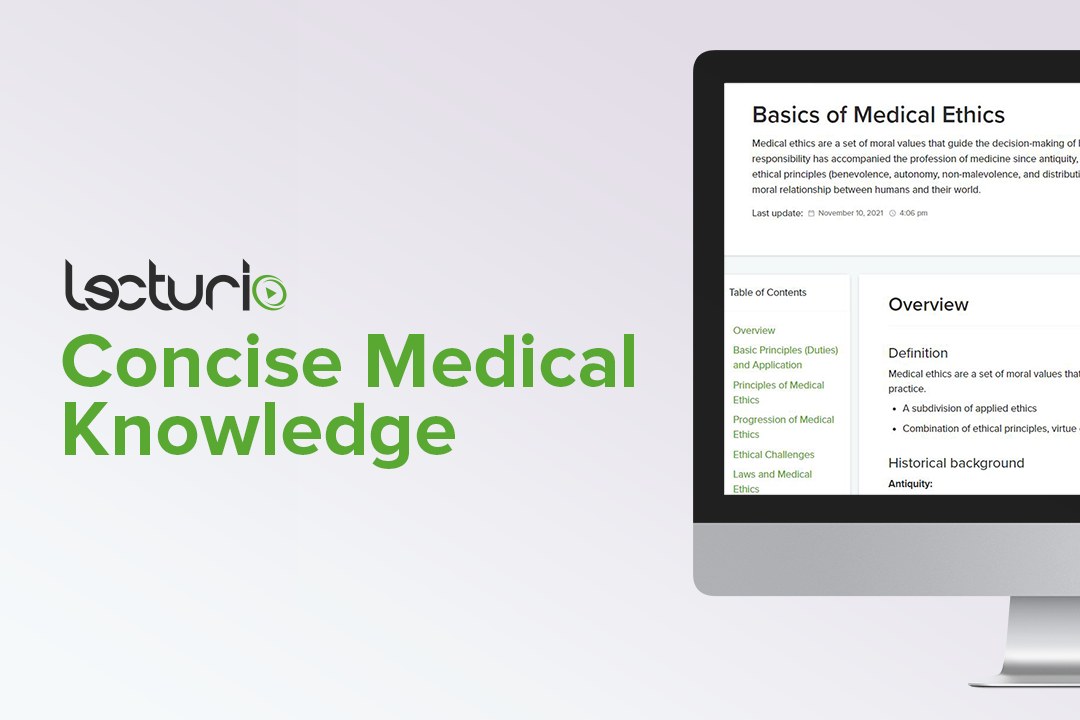Playlist
Show Playlist
Hide Playlist
Applying Ethical Principles to a Case
-
Slides Applying Ethical Principles to a Case.pdf
-
Reference List Clinical Ethics.pdf
-
Download Lecture Overview
00:01 Alright, so now let's think about applying these 4 principles to an actual case. 00:05 So our 4 principles again are respect for autonomy, respect for persons; non-maleficence; beneficence; and justice. 00:14 Take the case of a patient with sickle cell disease. 00:17 They are presenting with sickle cell crisis, so they're having extreme amount of pain as a result of their disease process. 00:25 Studies have demonstrated that patients with sickle cell disease, their autonomy, their personhood may not be respected when they enter into the healthcare system. 00:36 One way we demonstrate respect for the person is to believe their symptoms when they tell us they're in pain and that we then do something to help them make choices about treatment. 00:49 Non-maleficence doesn't harm the patient. 00:51 If so, you know, we don't want to do it. 00:53 Then studies have demonstrated the patients that present in sickle cell crisis to an emergency department if they're not believed, you know, they can be left in pain. 01:03 They may not get adequate analgesia to take care of their sickle cell crisis. 01:08 That is an incidence of being maleficent toward that patient. 01:11 So really trying to prevent that harm from occurring. 01:14 Beneficence on the flipside would be well how do we actually help this person, how do we help them manage their disease, how do we prevent them from going into crisis. 01:24 But if they are having a pain crisis that we adequately treat it. 01:29 And lastly for justice, and you're thinking about the consequences in the wider community. 01:35 So, in the United States, we have African American community where there's been, you know, studies demonstrating systems of injustice and lack of access to healthcare. 01:47 So a person that's got sickle cell disease, African American patient, now coming into the healthcare system, are there consequences for them in terms of managing their sickle cell disease? Are the systems fairly set up to give them the treatment they need?
About the Lecture
The lecture Applying Ethical Principles to a Case by Mark Hughes, MD, MA is from the course Introduction to Clinical Ethics.
Included Quiz Questions
A patient presents with pain after a fall. She describes the pain in her arm. You respond, "We will help you with your pain." By offering to help with her pain, you demonstrate which ethical principle?
- Beneficence
- Respect for autonomy
- Nonmaleficence
- Justice
- Peace
Customer reviews
5,0 of 5 stars
| 5 Stars |
|
5 |
| 4 Stars |
|
0 |
| 3 Stars |
|
0 |
| 2 Stars |
|
0 |
| 1 Star |
|
0 |




